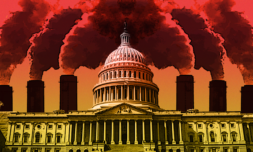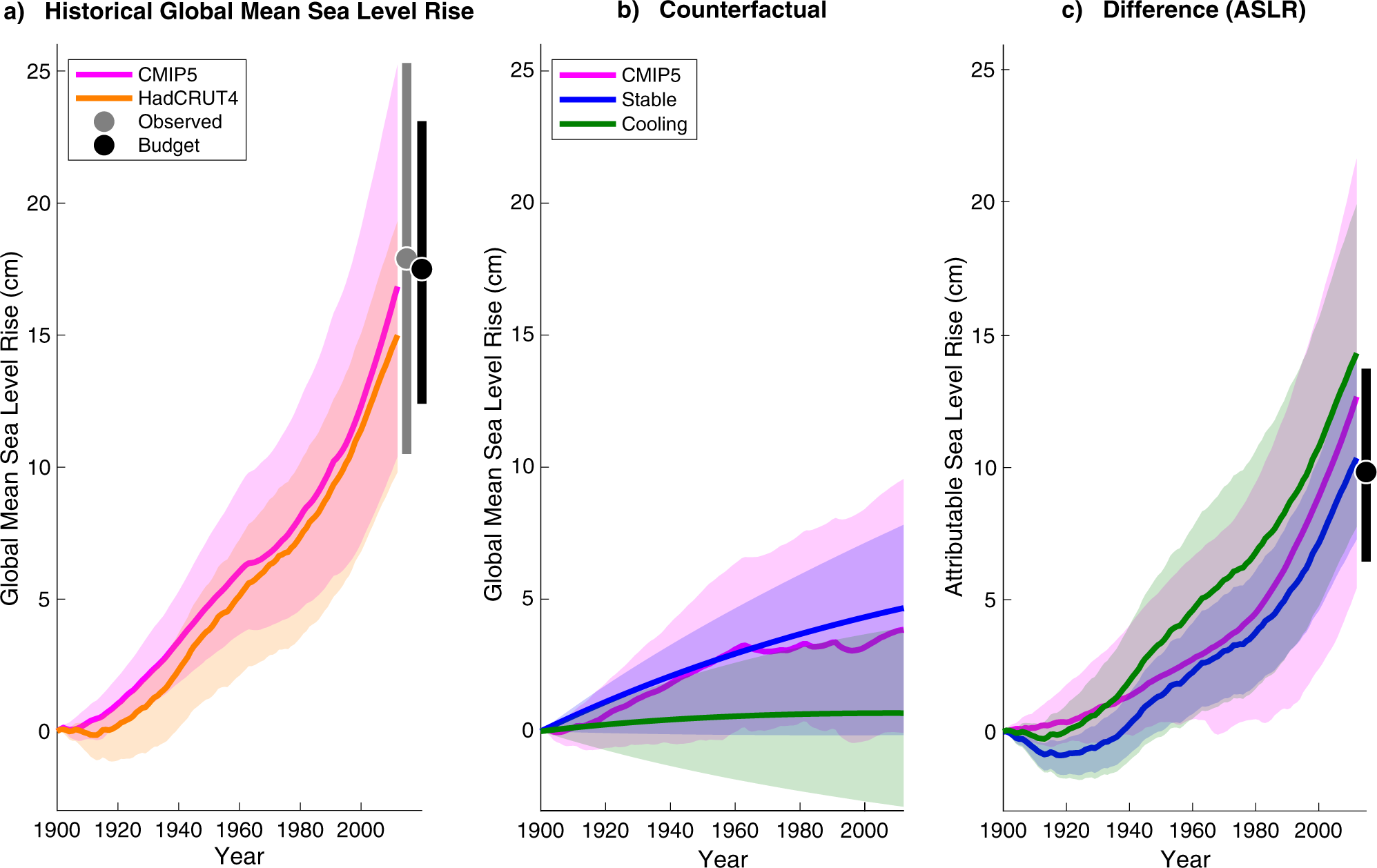New Jersey has joined a cohort of seven US states determined to sue giant oil companies for their roles in delaying climate policy, as well as damages related to extreme weather.
Around 24 climate liability suits have been making their way through US courts since 2015, and oil giants continue to be targeted regularly.
New Jersey has joined the ranks of Rhode Island, Delaware, Connecticut, Massachusetts, Minnesota, and Vermont as the latest US state to sue fossil fuel proprietors for their individual roles in the big picture of global warming.
What almost all of these cases have in common, is a direct claim against the American Petroleum institute – which includes several of the world’s biggest polluters, such as Shell, ExxonMobil, Chevron, BP, and ConcoPhillips.
The latest campaign by the Garden State alleges that severe weather events in recent years have been exacerbated by burning oil and gas, and that this consortium actively decided to deceive the public into believing the contrary.
New Jersey paid billions to clean up the devastation left behind by Superstorm Sandy in 2012, and in the following years to fortify its shores.
30 residents died when Hurricane Ida swept through during 2021, and large populations in Newark and Atlantic City remain at risk of direct flooding today, the suit said.
‘These conditions will sadly only worsen in the decades ahead, leaving us scrambling to prepare for a parade of harmful climate changes,’ said Shawn M LaTourette, the state’s commissioner of environmental protection.





















